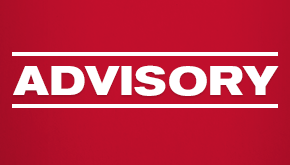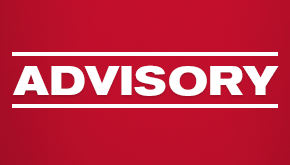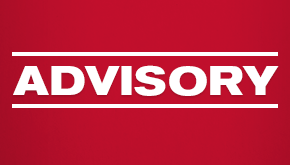FTC Issues Rule to Ban Noncompetes
In a long-awaited decision, the Federal Trade Commission (FTC) announced a Final Rule on April 23, 2024, banning noncompete agreements for many workers in the United States. In a 3-2 vote, the FTC determined that it is an unfair method of competition (and therefore a violation of Section 5 of the FTC Act) for employers to enter into noncompete agreements with workers, to enforce certain noncompete agreements already in place, and to represent that the worker is subject to a noncompete clause. For workers who are not senior executives, existing noncompetes are no longer enforceable under the Final Rule as of the future effective date. Per the Final Rule, employers are required to give notice to workers whose noncompete agreements are not in force by the effective date that such agreements are no longer enforceable.
According to the FTC, the Final Rule will be effective 120 days after the date of publication in the Federal Register.
The Final Rule is a comprehensive ban on all new noncompetes entered into with all workers. The Final Rule defines “noncompete clause” as “a term or condition of employment that prohibits a worker from, penalizes a worker for, or functions to prevent a worker from (1) seeking or accepting work in the United States with a different person where such work would begin after the conclusion of the employment that includes the term or condition; or (2) operating a business in the United States after the conclusion of the employment that includes the term or condition.”
The Final Rule also has a retroactive component. As of the effective date, the Final Rule also prohibits enforcing or attempting to enforce most existing noncompete clauses and representing that the worker is subject to a such a noncompete clause.
The Final Rule contains limited carveouts. The Final Rule does not apply to noncompetes entered into by a person pursuant to a bona fide sale of a business entity, nor does it apply to franchisee-franchisor relationships, though it does apply to workers at franchises. It also does not apply where a cause of action related to a noncompete agreement accrued prior to the effective date. Notably, the Final Rule provides that it is not an unfair method of competition to enforce or attempt to enforce a noncompete or to make representations about a noncompete where a person has a good faith basis to believe that the Final Rule is inapplicable.
Senior executives with current noncompete agreements are treated differently under the Final Rule. Existing noncompetes with certain senior executives can remain in force under the Final Rule, but the Final Rule prohibits entering into new noncompetes with senior executives. A senior executive is considered a worker who earn more than $151,164 annually and who hold a “policy-making” position. This represents both an earnings test and a job duties test. The FTC’s reasoning for this carveout is that existing noncompetes with senior executives may remain in force because this group of workers is more likely to have bespoke, negotiated agreements bargained for in exchange for compensation. The FTC noted that this two-part test isolates the workers most likely to have the bargaining power to negotiate meaningful consideration for a noncompete and least likely to experience exploitations and coercion in connection with noncompetes. The FTC noted that this group of senior executives is likely to be approximately 0.75% of all U.S. workers, which suggests that overclassification of workers into this category will be scrutinized.
The Final Rule does not limit or affect enforcement of state laws that restrict noncompetes where the state laws do not conflict with the Final Rule—that is to say, state laws which impose more restrictive bans than the Final Rule—but it preempts state laws that conflict with the Final Rule.
To be clear, the Final Rule does not outlaw nondisclosure agreements (NDAs), confidentiality agreements or nonsolicitation agreements, provided they are not functionally noncompete agreements. Additionally, the Final Rule does not outlaw state or federal trade secrets laws, which protect proprietary and other sensitive information.
Litigation is expected around the FTC’s rulemaking authority, the retroactive nature of the rule, the scope of the definitions in the rule, and other aspects of the rule. At present, at least one lawsuit is already pending which challenges the constitutionality of the Final Rule and seeks a declaration as to its validity. More lawsuits are expected to follow, including one by the U.S. Chamber of Commerce. However, impacted employers should not wait until litigation is resolved before taking action to evaluate and develop strategies concerning existing agreements, policies, and workplace practices.
Armstrong Teasdale’s Noncompete and Trade Secrets and Employment and Labor practices closely monitor developments in the law and court decisions across the country for rulings that affect employers’ legal strategies. We will issue additional advisories as the legal obligations of employers continue to evolve under this new rule and associated litigation. For assistance with updating policies, issuing notices, and reviewing existing and future employment agreements, contact the listed authors, any member of the Armstrong Teasdale Noncompete and Trade Secrets or Employment and Labor practices, or your regular trusted AT contact.



































